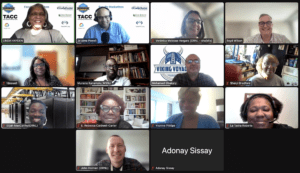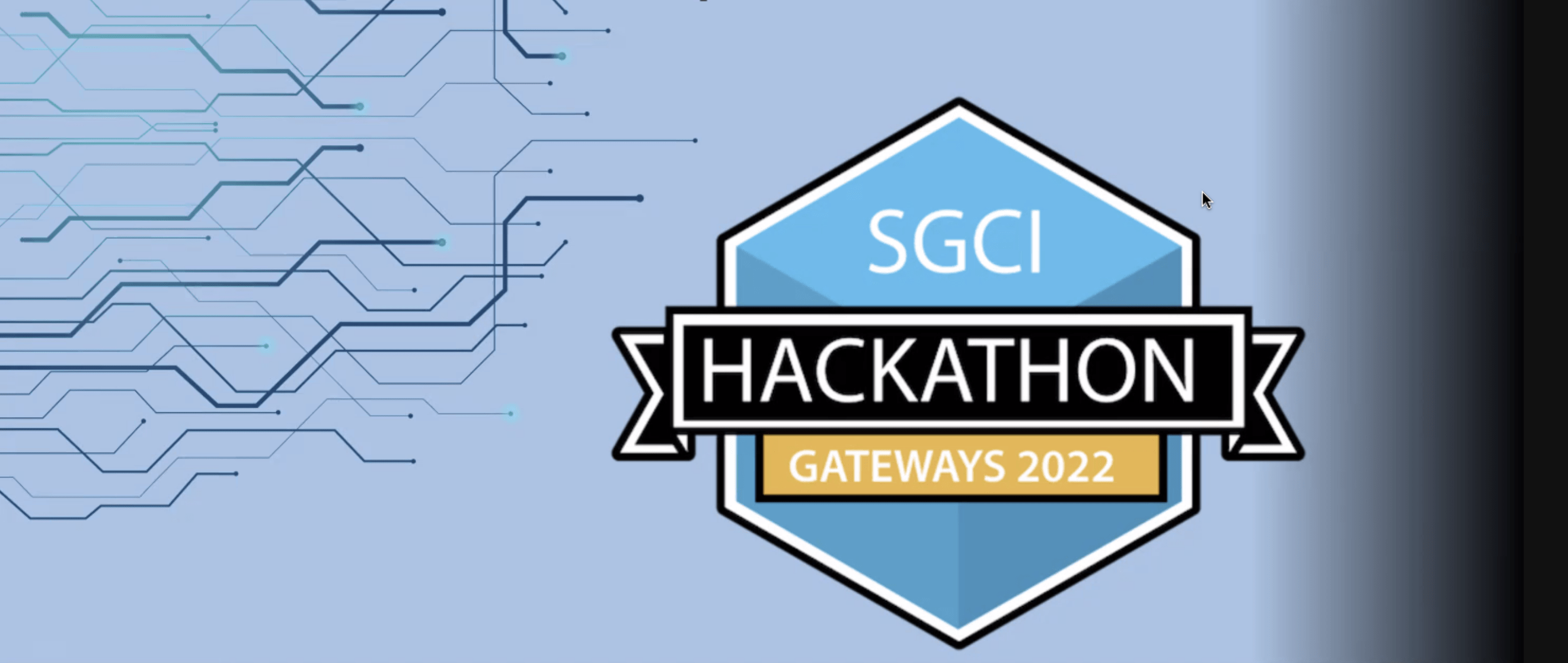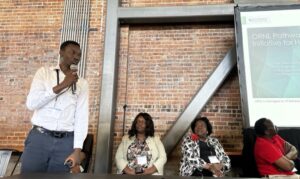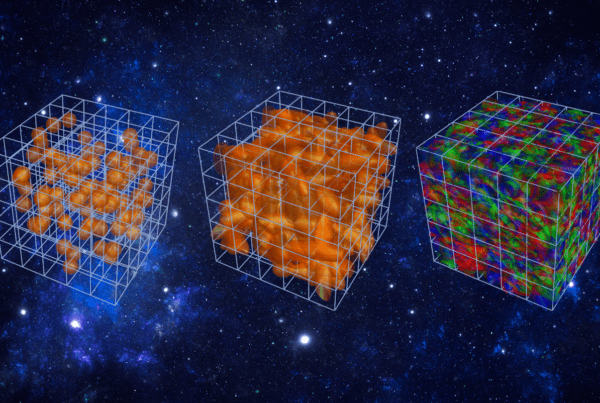A research collaboration between the Department of Energy’s Oak Ridge National Laboratory and several partner institutions was honored with the Best Event Report award at the 2024 International Conference on Game Jams, Hackathons and Game Creation Events. The eighth annual conference for researchers, educators, professionals and event organizers in high-performance computing was held on Oct. 10-11 in Copenhagen, Denmark.
The multi-institutional team earned the award for their work, “FacultyHack Events: Faculty-Focused Hackathons for High-Performance Computing Curriculum Development.” FacultyHack, the subject of the paper, was initially launched in 2022 by the Science Gateways Community Institute in collaboration with Texas Advanced Computing Center, Omnibond, Oak Ridge National Laboratory, Carnegie Mellon University and the University of Tartu. As a hackathon-style event designed to help instructors from universities and colleges integrate HPC content into their existing curricula, FacultyHack also focuses on training faculty from minority-serving institutions, including Hispanic-serving institutions and historically Black colleges and universities.

FacultyHack consists of a series of virtual events for informational, training, and mentoring sessions leading into the annual Gateways conference held in the fall.
The group that authored the paper was led by John Holmen, an HPC engineer at ORNL who presented it remotely during the conference held at Aalborg University. Other ORNL team members include Elijah MacCarthy (HPC engineer), Suzanne Parete-Koon (HPC engineer and Workforce Development Initiative lead for the Computing and Computational Sciences Directorate), and Verónica Melesse Vergara (head of the HPC Operations Section in the National Center for Computational Sciences). External collaborators include Je’Aime Powell and Charlie Dey from TACC, Alexander Nolte from Eindhoven University of Technology and Carnegie Mellon University, and Linda Hayden from the Science Gateways Community Institute.
“To me, the award means that others see value in providing such support mechanisms for faculty seeking assistance and reinforces the need to continue to broaden participation and accessibility of HPC,” Holmen said.
The goal of FacultyHack is to equip educators with the tools and resources needed to incorporate HPC concepts into their courses, thereby ensuring students obtain the skills necessary for careers in HPC-related fields.
The FacultyHack model accomplishes this with faculty-mentor pairings in which experienced HPC mentors guide faculty members in updating their curricula. This further cultivates collaboration between educators and HPC experts and ensures future curricula meets the needs of a more diverse and inclusive HPC community.
“Winning this award is an incredible honor,” Melesse Vergara said. “The FacultyHack event was an opportunity to bring together educators and HPC experts and foster collaboration and innovation in curriculum development. It’s truly inspiring to see how these hackathons are shaping the future of HPC education.”
The initiative aligns with the Exascale Computing Project’s Broadening Participation Initiative and the National Science Foundation’s Broadening Participation in Computing, both of which aim to diversify the talent pipeline for the HPC workforce.
FacultyHack consists of a series of virtual events for informational, training, and mentoring sessions leading into the annual Gateways conference held in the fall. After virtual events, participating faculty gather at the Gateways conference to present posters showcasing their courses revised during virtual FacultyHack events.
“Winning this award is a profound achievement for our ORNL team,” MacCarthy said. “It stands as a powerful testament to the dedication of the OLCF, NCCS, and how the laboratory as a whole is championing the broadening participation in HPC initiatives.”
UT-Battelle manages ORNL for the Department of Energy’s Office of Science, the single largest supporter of basic research in the physical sciences in the United States. The Office of Science is working to address some of the most pressing challenges of our time. For more information, please visit energy.gov/science.







